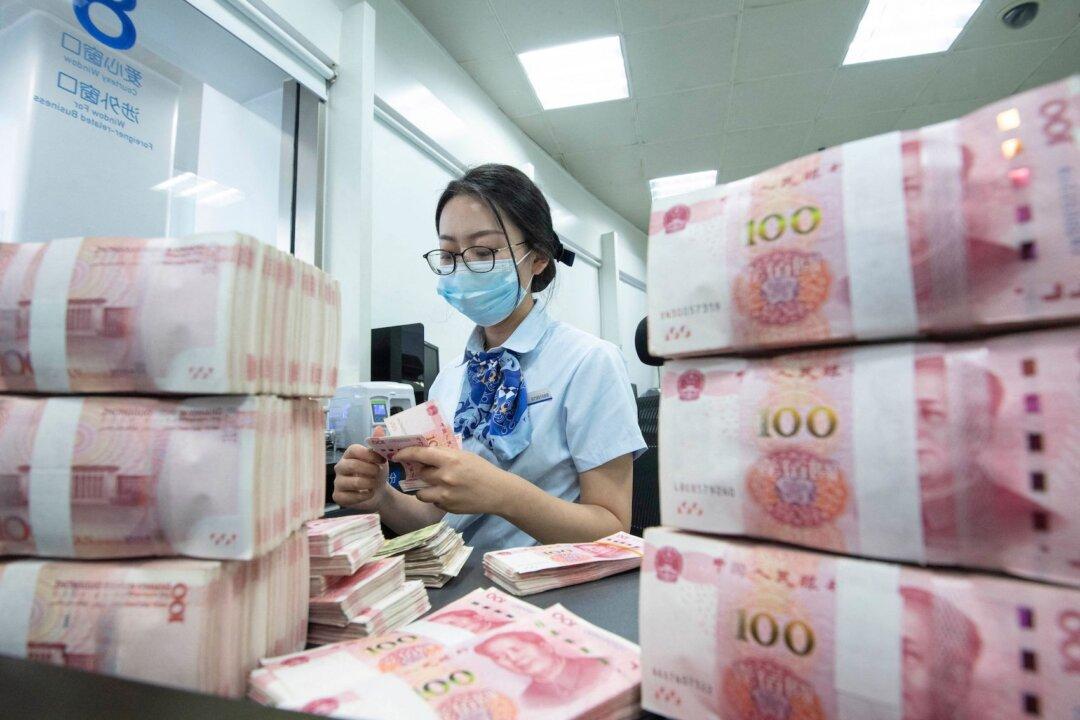The latest official economic data released by the Chinese authorities shows that China’s economy has experienced an overall decline. Insiders reveal that senior Chinese officials have recently held at least six emergency economic meetings with business leaders and economists, and the tone of participants was unusually urgent.
One political and economic analyst says that China’s economy is facing a dead end and that the communist system has caused many problems that cannot be solved, rendering these emergency meetings useless.






